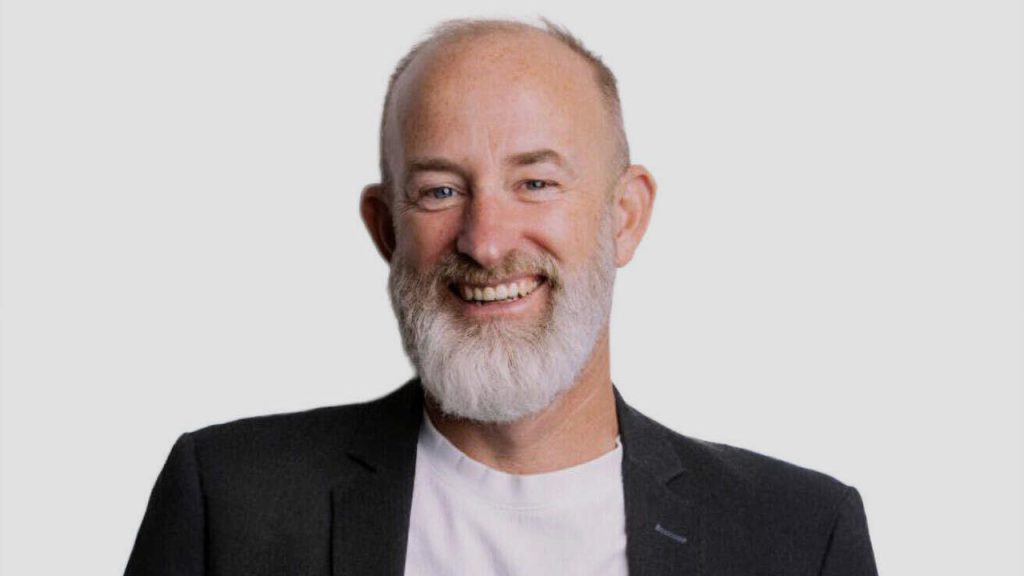Blog
Jean-François Ringeval: Global Experience, Human-Centered Care

When Jean-François Ringeval reflects on his career, he doesn’t begin with his titles or accolades. Instead, he talks about people—the teams he’s worked with, the patients he’s cared for, and the families who carry the weight long after the sirens fade.
“I’ve been involved in many EMS missions,” he says. “I’m not EMT, but I’ve worked closely with them—in the military, and in civilian life. I’ve learned so much from those experiences.”
With more than 20 years in the French Armed Forces Health Service and over a decade in healthcare education, Jean-François brings deep clinical expertise in emergency, trauma, and tactical care. But what stands out most is his belief that preparation isn’t just about protocols. It’s about people.
His entry into simulation-based training began during military deployments, when he realized standard preparation wasn’t enough. “We were trained, but we saw we could do better,” he recalls. “That’s when I started developing immersive simulations—with scenarios that pushed teams to think, adapt, and collaborate under pressure.”
What started as a way to strengthen technical readiness quickly became something deeper. “Simulation gives us a chance to practice not just skills, but judgment,” he says. “It brings in human factors—communication, culture, decision-making. And when we do it well, it can change the way we care.”
Jean-François has carried that philosophy into his work at Elevate Healthcare, where he now serves as a Clinical Educator. His perspective is shaped by years spent across borders, in high-stakes environments, where trust and teamwork were non-negotiable.
“I’ve worked in many countries,” he says. “You can’t approach care the same way everywhere. Culture matters. Bias matters. That’s something we can—and should—address in training. Simulation lets us do that.”
Even with all he’s accomplished, Jean-François is quick to deflect praise. When asked if he’s ever received ‘flowers’—a thank-you or recognition from someone he’s impacted—he pauses.
“Yes, we get flowers sometimes,” he says. “But the people who really deserve them are the families. Because we move to the next emergency, but they stay. The relatives stay. The patient stays. They are the ones who deserve the flowers.”
It’s a simple but powerful reminder: the best caregivers are often the most humble. And for Jean-François, it all comes back to the team.
“You can be the most skilled person in the world, but without your team, you are nothing.”